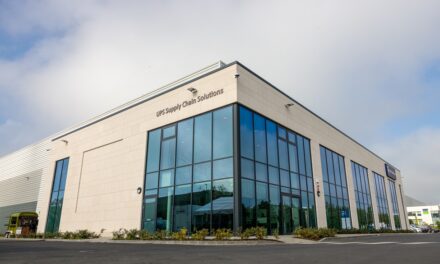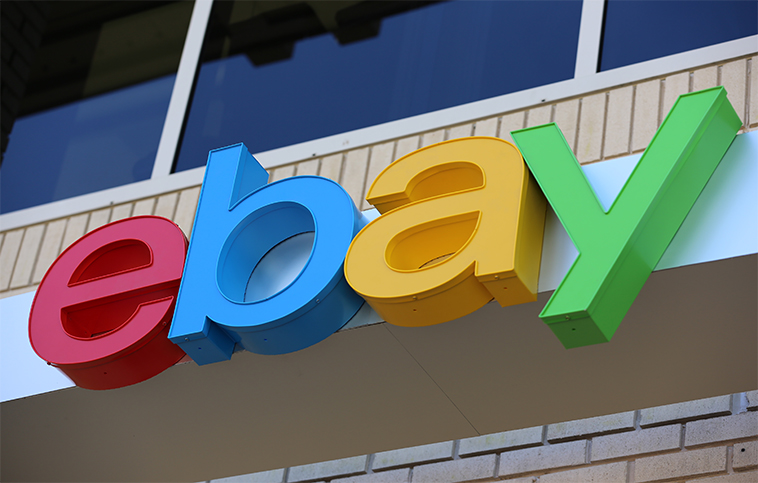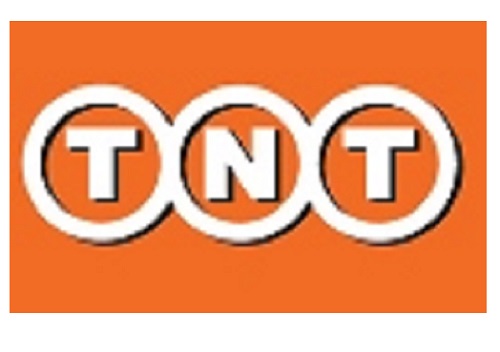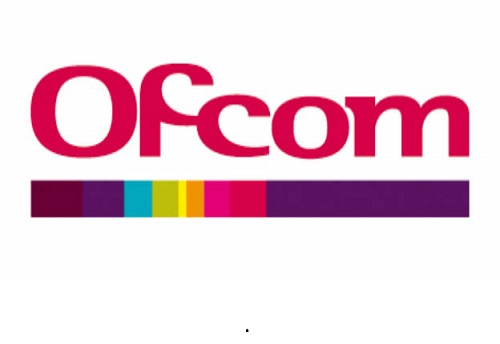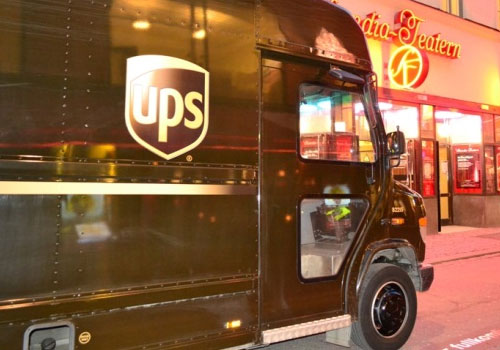
Deregulation train faces an uphill climb
Not all the EU members states have welcomed cross-border rail liberalisation, reports Chris Lewis
Saturday 15 March marked the date on which European rail freight took its first tentative steps towards the free market. The EC's first railway package came into effect to, in theory, open up an estimated 85% of the network – for cross-border services only – to competition from state rail operators and private sector firms.
A second railway package, currently being debated by the European Council, will open up the entire network to full cabotage – domestic as well as international. This is widely expected to be given a 2008 deadline, rather than 2006 as originally hoped for, as the price for securing the co-operation of France, Belgium and Luxembourg.
But what actually happened on 15 March?
According to EC rail administrative principal Jan Scherp, it is possible that those countries that are opposed to the idea of opening up their rail freight markets will use the "safety clause" to keep out interlopers. All operators will need safety certification to be allowed to run their own locomotives and rolling stock, and there could be problems if the organisation in charge of this is, essentially, the state railway.
The deregulation train still faces a stiff uphill climb.
Much depends on the degree of importance the Greek and subsequent EU presidencies attach to the issue, and whether the railway trades unions can be convinced by the argument that true job security depends on increasing the size of the rail freight business, rather than in feather-bedding and restrictive practices.
"It's a very delicate issue, " Scherp says. "Already, the trades unions have announced major action days." (The European Transport Workers' Federation is organising an international day of protest in Berlin, part of a series of campaigns highlighting safety and social issues. ) Some EU countries had anticipated the first package.
Germany has a handful of competing operators, and the railways in Britain are, in theory, fully open-access, though in practice, safety red tape and the limited size of the market has restricted the number of new entrants.
Scherp is not keen on the German model of "state enterprise" as exemplified by Railion. "DB Cargo has, more or less, bought the other railways' cargo divisions – those of the Netherlands and Denmark. It is possible that Railion could emerge as a very powerful force in European rail freight, as it seeks either to acquire further subsidiaries in other EU countries, or to exploit the open access provisions of the first railway package. But that really has nothing to do with market opening, " he says.
He is heartened by the emergence of a genuine private sector operator in Rail4Chem. Other new entrants include the Cologne Harbour Railway and another German firm, NetLog, along with Acts and Shortlines in the Netherlands and DLC in Belgium – plus furniture retailer Ikea, which has set up its own rail subsidiary.
Rail4Chem has recently requested a safety certificate to operate in France. "An interesting test to see if the authorities there are sincere, " comments Scherp. Safety certification could be a particularly serious barrier to the smaller private operators; already there have been reports that the process could cost "tens of thousands" of euros, he says.
Max Philips, of European rail freight users' group ERFCP, speaks of companies asking for safety documentation for France being presented with "one metre of paper".
No EU member states have formally notified the commission that they have transposed the first railway package into national law, he points out – or certainly had not done so at the time of writing – leading to the possibility of infringement procedures in some cases.
The specialist needs of the Channel Tunnel pose the UK a specific problem, he adds.
Inevitably, the legislation is proceeding at different rates in different countries. "In Germany, it's happening, France has some way to go, while Italy is moving surprisingly fast, " the UK Rail Freight Group's Tony Berkeley observes. Despite its privatisation experiment, the UK, with its elaborate "safety cases", is in some ways one of the more difficult countries in which a new operator can get established.
While it is easy to be cynical about EC legislation, 15 March was an important landmark says Berkeley. "It's terribly important – maybe not immediately, but if we don't go through the motions, we will never achieve a deregulated market." But a few other things also need to happen, he says.
"There needs to be an independent allocator (of track capacity) in each country." Andrew Traill, at the Freight Transport Association, says: "Some countries are still dragging their feet, which creates an element of uncertainty – and uncertainty is the bugbear of rail freight." In his estimation, the Germans and Dutch are pushing ahead, but the French are lagging behind.
However, as so often where pan-European initiatives are concerned, it is hard to decide exactly where the real problems lie.
Traill is particularly keen on the second railway package. Key, though, is whether private operators can get the paths they need and whether the infrastructure and operational sides of the rail businesses will be truly separated. If it all works, it should achieve the degree of competition on the rails that has been so sadly lacking in the past.
While noting the procedural problems in implementing the new laws into national legislature, three member states – the UK, Netherlands and Denmark – are nearly ready to implement it, although others have only just started the process. "We would urge the EC to be very hard on the backsliders, " says Philips.
For the customer, the ultimate aim is "for one party to take care of the whole movement from Leeds to Naples" – something taken for granted in trucking since the birth of cross-Channel ferries. "It is important, though, that we don't change 15 national monopolies for a single one in Europe – there needs to be a sufficient level of competition, which won't be the case if Railion keeps on buying up all the others, " he adds. Future possible Railion targets include Swedish rail freight company Green Cargo and operations in incoming EU members such as Poland.
Philips also sees capacity as an issue. "In almost all member states, you will find passenger and freight struggling for capacity on the same network." He stresses the importance of capacity managers, in the UK and France for example, cooperating. There should also be an independent organisation to deal with issues such as capacity allocation. "Companies may say they have clear separation, but this is still to be proved, " he says.
Operators, users and potential users are cautiously optimistic, but their main preoccupations are the immediate future, not what might be possible in years to come. An EWS spokesman says the UK company is "looking into" possibilities presented by the new legislation. But whether EWS would end up running its own services in Italy, "that is probably a little way off".
For use with Co-Act


